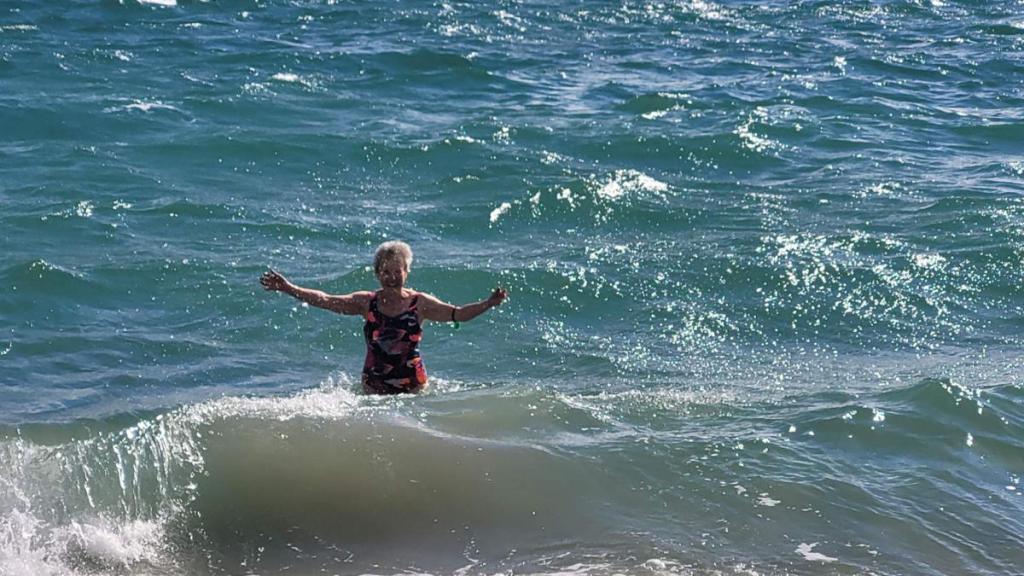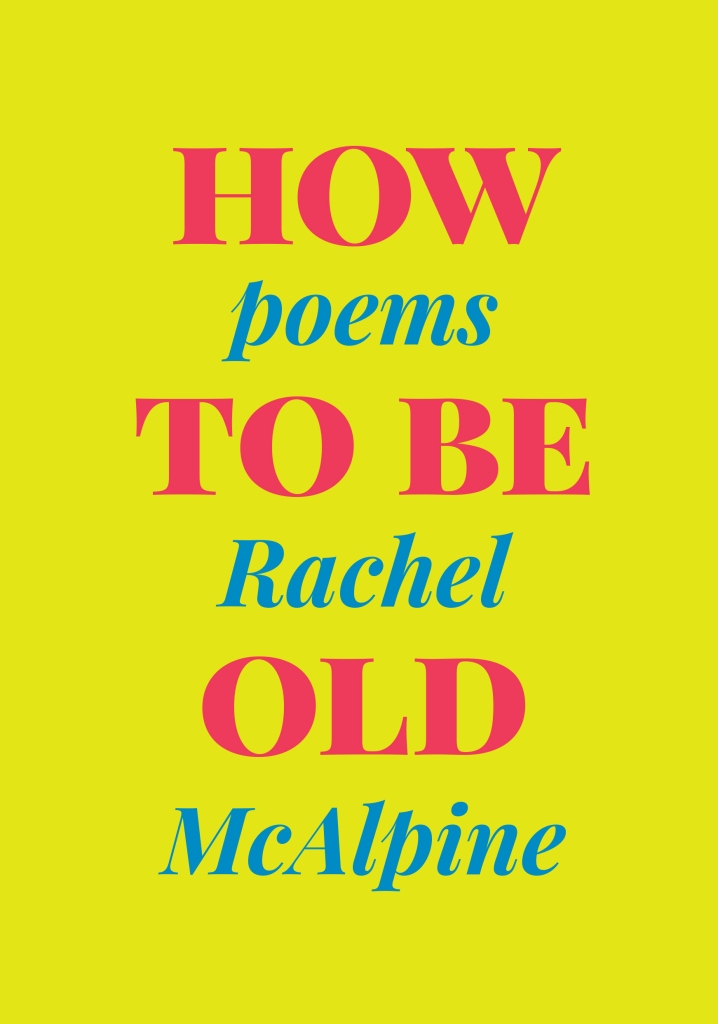I have been thinking a lot about the place of poetry in global catastrophe and the incomprehensible leadership in Aotearoa. How do we write? Read? Do we need comfort or challenge or both? This week Rachel McAlpine.

Dear Paula, you ask what the place of poetry is in a global catastrophe. What a question!
I’m above all bewildered. Or shell-shocked, rather. It’s all too much. Recently I read Ellen Hawley’s The Hundred Years War in two thousand words. In a sense, she says, it began in 1066 and it’s still, in a sense, carrying on. Bonkers then. Bonkers now. She accidentally convinced me that it was futile for me to tackle a daily avalanche of questions, all starting with Why? Why? Why? It’s too much for my poor little brain. I’m grateful to journalists and other thinkers who do this work on my behalf.
Ralph Garland put a little poem on Facebook that captures both the spirit of the day and one of my worst fears:
My soul is manic. i rush everywhere with
my truth. pleading strangers. to not like
me. so that i might feel free.
Place is more precious than ever now that millions are swept from their homes by wars and the impact of climate crisis. Today at Freyberg Beach somebody said to me, “I come here to remember who I am.” It’s a chatty place (place) and again and again I hear myself saying to another swimmer, “Aren’t we lucky?” Not just casual lucky but lotto-lucky, crazy-lucky. Yes, our pipes are busting and our public buildings shut. But we have a place where we belong, set in a swimmable sea. Half of me winces with survival guilt. The other half is enchanted by the sheer luck of it … for now.
But do I write poems about the various global catastrophes? No. I’m focusing on my indie podcast, Learning How To Be Old. I’m on a mission to raise people’s realistic optimism about their own old age. How non-global head-in-the-sand is that? Well, I see the anomaly but I approach the podcast as 50 per cent creative plaything and 50 per cent public health service. Healing me and healing others.
I find comfort where I can, which includes various poets. Today, Tiny Ruins and Janis Freegard come to mind: the gentle touch works best for me. And here’s a few lines from “Tai Qi” by Maytal Noy, written last year when she was 15. I am humbled by such thoughtfulness and compassion.
At a time like this
Balance, perfectly centred
Instead of swinging from left to right
A view of everyone as an equal deserving of life
Education on the topic instead of striking out in ignorance
Keeping grounded values in the face of extremism
At this time
There’s a real danger of swinging, of losing your balance
That is why it’s so important to fix your eyes on the one spot that keeps you grounded,
Put your arms wide out
And seek equality
I offer this last poem as a tribute to the very young and the very old. At 84 I can barely remember being one or imagine being the other.
The bravest are millions
Out there living the bravest days
are the very old, the frail old
using every scrunch of the soul
for the next impossible chore.
The very old must win and win
on multiple fronts
day after trembling day.
Out there building the bravest lives
are the young
knowing what we knew
and did not do.
Rachel McAlpine
And Paula, the word that will not go away is “tremble.”
Rachel McAlpine is 84, and all her current work relates in some way to the experience of aging. She hosts New Zealand’s only podcast on the topic: Learning How To Be Old. Her last collection of poems was How To Be Old (Cuba Press, 2020). She was a pioneer in digital content, and for fun she sings, dances, swims, blogs, and scribbles.


This is a real treat this morning – thank you Rachel. Thank you Paula. Ngā mihi o Matariki, te tau hou Māori ✨✨✨
LikeLike
A welcome offering
LikeLike
Pingback: Poetry Shelf newsletter | NZ Poetry Shelf